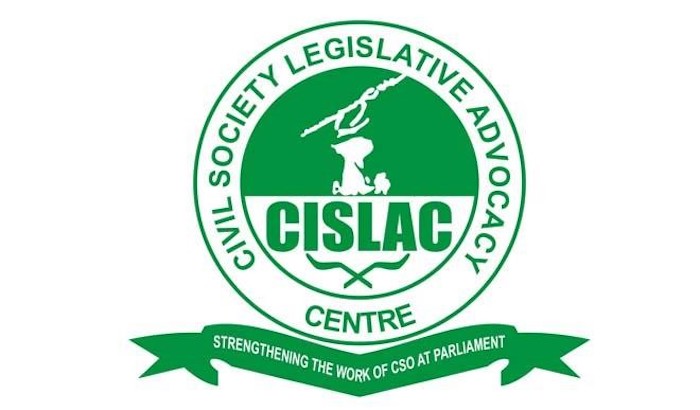The Civil Society Legislative Advocacy Centre (CISLAC) has inquired about the World Bank’s $800 million facility to the federal government as a palliative to cushion the impact of the proposed June removal of fuel subsidies, which has reportedly been put on pause.
The facility has been confirmed by the World Bank for the country, but it has not yet been disbursed because it still requires the approval of the National Assembly.
In a statement released over the weekend, the Executive Director of CISLAC, Auwal Musa-Rafsanjani, decried the administration of President Muhammadu Buhari’s indifference towards the country’s debilitating debt crisis.
He stated that borrowing to finance such palliatives was peculiar.
He stated, “If the fuel subsidy removal process has been halted, as the Minister of Finance announced following the NEC meeting at the end of April, then the government should return the borrowed funds, because what are we borrowing the money for?”
He stated that Nigerians were already concerned that the country could have retained the $800 million loan from the World Bank despite the fact that its original purpose had been suspended.
Musa-Rafsanjani stated that the development was especially worrisome given that the country’s revenue in 2022 was N10 trillion and its debt was approximately N77 trillion.
He added, “In 2022, Nigeria paid approximately N7 trillion in petroleum subsidies, and in 2023, from January to June, when the country plans to cease payments, the subsidy is N3.6 trillion.
“Therefore, if we are to pay such a large sum of money when the fuel subsidy is eliminated, we should have enough savings to avoid taking out additional loans; we can use the subsidy funds for this purpose.”
“In actuality, we do not need to borrow. It is necessary to reduce waste. Recently, the aviation minister announced that he had purchased 10 fire vehicles for over N12 billion. Is this the purpose of our borrowing?”
He argued that the country had already fallen into another debt trap, adding that records from both national and international financial and debt institutions pertaining to Nigeria’s debt disclosed a state of emergency.
He also urged the country’s financial watchdogs to scrutinise all public expenditures that did not adhere to proper procurement procedures.
The head of CISLAC stated, “We read that the Minister of Communication and Digital Economy announced the approval of N24,2 billion to provide internet access at airports and other institutions.” These are the items we’re spending money on in the final weeks of this administration, and it’s unacceptable.”
A few weeks before the end of the current administration, he also criticised its irresponsible spending, stating, “It’s completely unnecessary and a clear indication of the diversion of public funds for personal gain rather than the national interest.”
He added, “What is the purpose of purchasing fighter trucks at the conclusion of an administration? You have held this position for over eight years, but you will not acquire the vehicles until the very end. This is an obvious indicator of contract schemes that disregard due process and the public interest. It is sheer fiscal irresponsibility.
“Nigeria, as a country that is so indebted, cannot afford that right now, as there is no public interest in the elephant project.”
